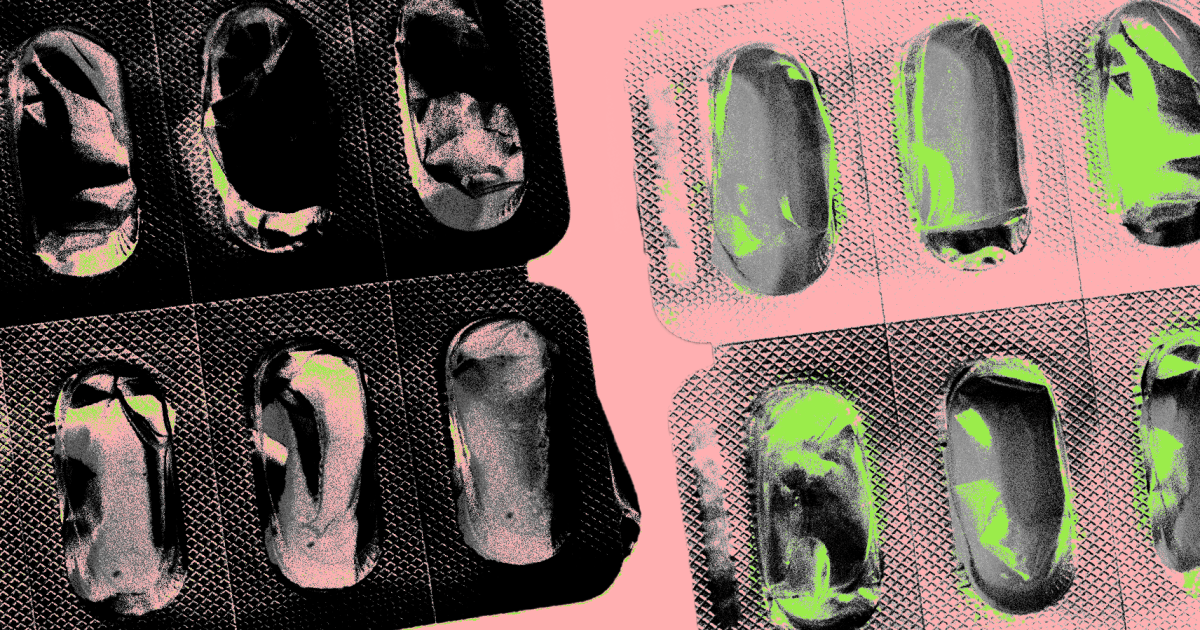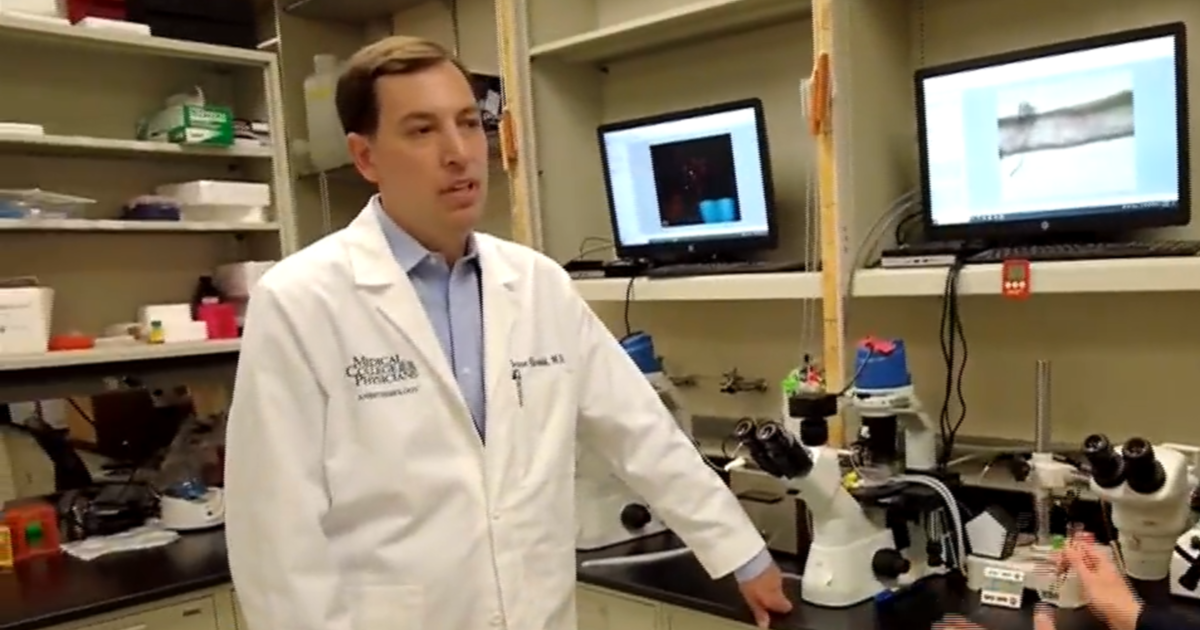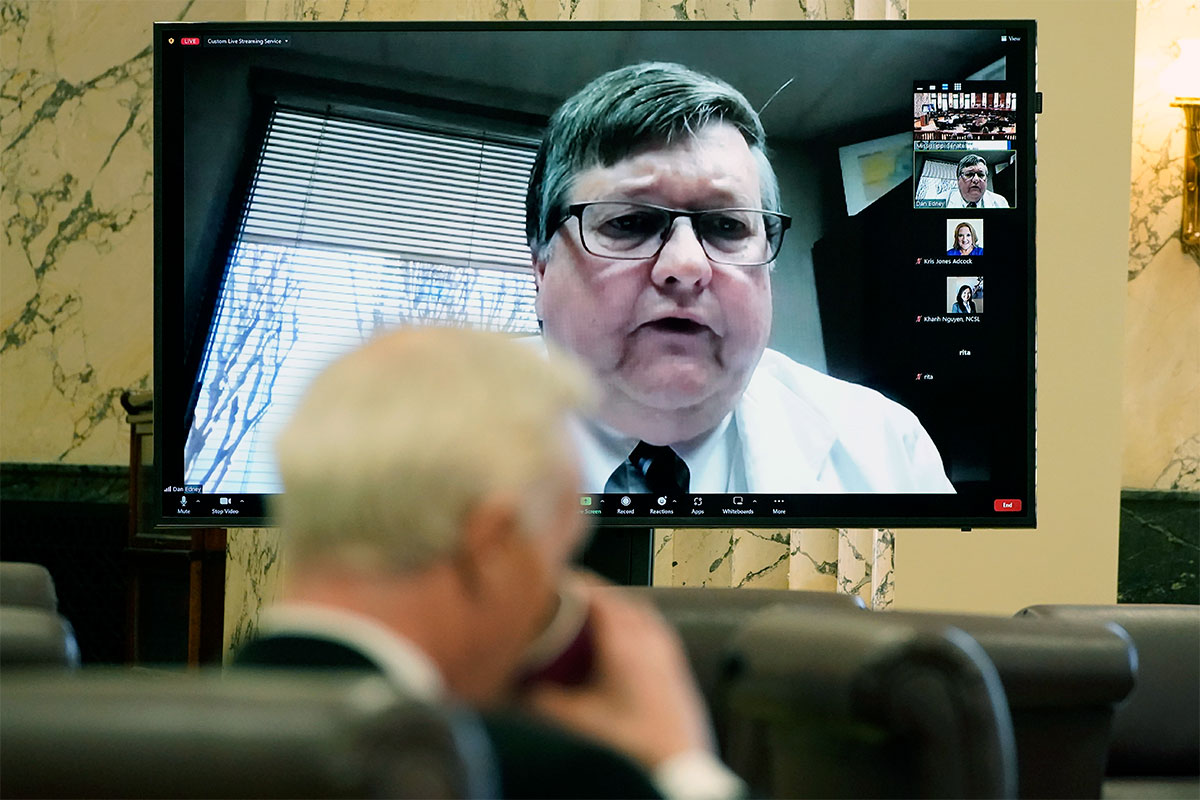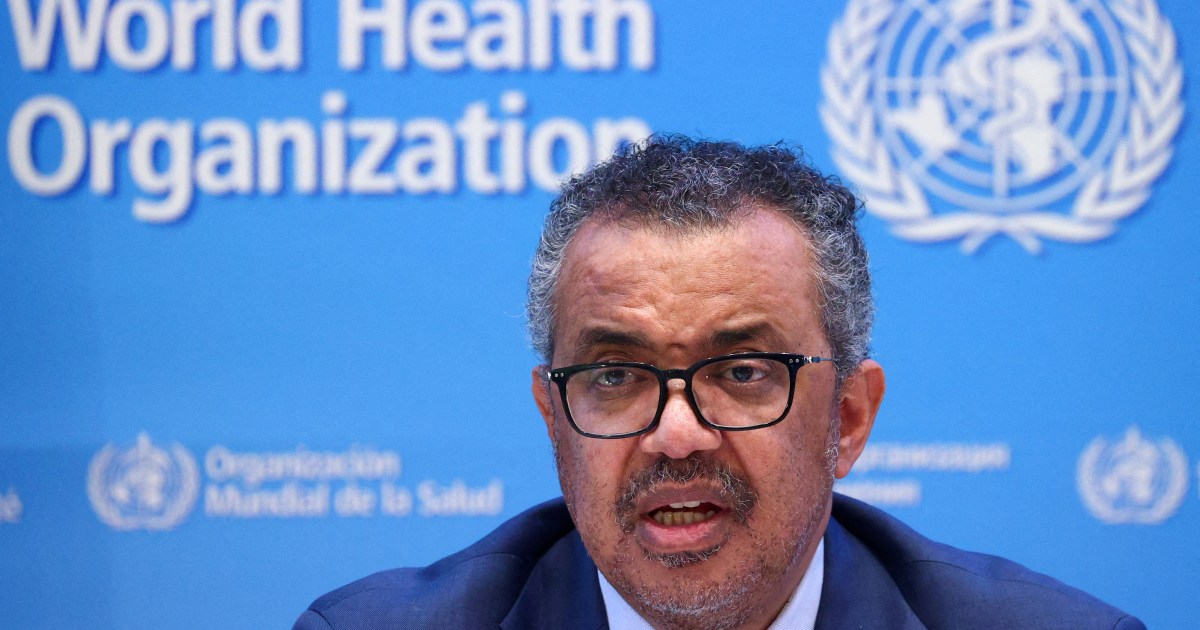When Akorn Prescribed drugs shut its doors in February, hospitals across the place felt it.
The Lake Forest, Illinois-based drugmaker was accountable for producing 75 generic medicine, all of which were pulled from the market place when the corporation closed down. In some cases, the enterprise was the sole supplier of specific solutions.
The closure comes amid — and contributed to — an ongoing drug scarcity disaster in the U.S. Akorn’s personal bankruptcy and subsequent shuttering are aspect of a larger disaster triggered by fewer manufacturers’ in the U.S. making more affordable generic medications, scarce income for the remaining organizations and an overly sophisticated worldwide provide chain that could leave people scrambling for lifesaving drugs for months or quite possibly yrs to arrive.
New drug shortages greater by practically 30% from 2021 to 2022, influencing 295 merchandise at the end of previous year, in accordance to a March report from the Senate Committee on Homeland Stability and Governmental Affairs. The drug shortages are influencing cancer people who are in determined want of chemotherapy medications and individuals in intensive care models or crisis rooms who require selected generic intravenous medicines, which are in limited supply.
The shortages are obtaining even worse: As of June, there were being more than 300 energetic drug shortages, the most in approximately a ten years, according to the American Culture of Wellbeing-Method Pharmacists, a expert group that tracks drug shortages.
Why is this taking place now?
Drug shortages are not new. There have been provide crunches for coronary heart drugs, most cancers treatments and ADHD drugs in the U.S. and globally in the latest years. The generic drug supply is specifically susceptible. Organizations like Akorn facial area rigorous opposition and declining revenue and have been forced to lay off staff and cut expenses to stay in company.
With Akorn’s closure, the U.S. dropped a “chunk” of its producing capability, all although other generic drugmakers battle to remain in business, said Valerie Jensen, the associate director of the Food items and Drug Administration’s drug shortage software.
“When we see a agency like Akorn close down, that’s particularly concerning to us mainly because then we reduce that capacity,” Jensen claimed. “And then we have to do the job actually closely with other providers to ramp up to deal with that shortfall. So it is definitely about, and we continue on to observe very intently.”
Douglas Boothe, the






